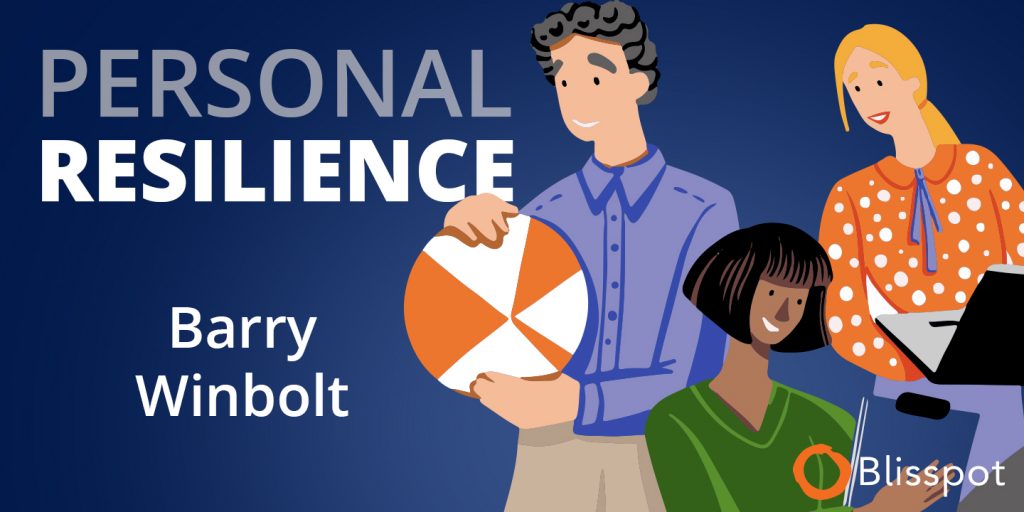Positive social relationships are linked to greater psychological and physical well-being. So social relationships matter when it comes to your level of resilience, in part because talking can help us feel less stress when we are under pressure. Feeling connected with others also combats loneliness and isolation by helping us to feel accepted. Even casual conversations feed into our sense of self and have a beneficial impact on wellbeing.
Positive social connections are a significant factor in the lives of people who demonstrate high levels of resilience. Feeling socially connected depends on the quality and number of meaningful relationships you have with family, friends, and associates. It means that your social interactions with those around you are generally supportive and that you feel accepted and respected.
Weak ties
You may have strong ties among your close and intimate relationships, but even other, more mundane relationships have been shown to benefit people in this way. These so-called weak ties can contribute to a person’s sense of self and wellbeing, as explained below.
Here are seven ways to strengthen and maintain your social connections. As you read through each, consider if, and how much these are habits you share, or whether you could do more to strengthen social bonds with others:
Extend your comfort zone
Make an effort to interact with others at times when you normally wouldn’t. This doesn’t have to mean deep and meaningful conversations; greeting people in the lift and other general courtesies are a start. Also, try approaching conversations in a more meaningful way.
Talking about your thoughts and feelings can improve a social connection. Discussing things can help change your perspective and normalize a situation. This, in turn, helps reduce stress.
Random Acts of Kindness
Unsolicited gestures of kindness benefit you as well as the target of your generosity. Studies show that helping others can be beneficial to our mental health. It can reduce stress, improve our emotional wellbeing, and benefit physical health. All of which helps boost resilience.
Showing kindness produces hormones that lower stress levels and improve cardiovascular health. Kindness also stimulates the production of serotonin, which combats depression.
Discover the benefits of ‘weak ties’
It appears that even casual conversations with people we don’t know that well are related to psychological wellbeing. Weak tie theory says that acquaintances are likely to be more influential than close friends, particularly in social networks.
One of the advantages of communicating with weak ties is that they are more likely to help us learn things we could not learn from our typical group of strong ties. They bring us new ideas and connections.
Express gratitude
It creates a positive feeling and fosters happiness. Gratitude also strengthens relationships, brings peace of mind, and boosts self-esteem.
Expressing gratitude in its simplest form – such as thanking others – is obviously a good thing. But genuinely feeling gratitude for what you have is a much more powerful aspect.
People who regularly practice gratitude by taking time to notice and reflect upon the things they’re thankful for experience more positive emotions, feel more alive, sleep better, express more compassion and kindness, and even have stronger immune systems. All of which feeds into your level of resilience.
Acknowledge others daily
Not just when it is expected. Saying sincere and positive things about others may not come naturally but it gets easier the more you do it. The benefit is that we feel good when we are ‘giving’, even when the gesture is purely verbal. Your social connections are not just about you, they also allow you to help others feel good about themselves.
Everyone craves attention and recognition. Acknowledgment helps you connect on a personal level. Boosting others helps to build your own sense of self and humility. This seems small in practice, but it brings real returns when you do it consistently and with sincerity.
Nurture your social network
Take time to maintain your relationships with family, friends, colleagues, and other people in your life.
We are social beings and our relationships are what make us who we are as a species. Whatever we might think, we can’t live in isolation. Our relationships are living, dynamic aspects of our lives that require care and maintenance. Relationships don’t look after themselves; the more you put in, the more you benefit.
Settle your difference
We can’t get along with everyone and the ability to manage our differences without a fight is what sets us apart from other mammals. Even so, we don’t do enough of it!
The ongoing conflict in your life is harmful to both social connections and resilience. Even when if you think you can ‘ignore’ it, conflict causes stress and lowers your resilience. Rather than letting a dispute rumble on, consider taking the first step to settling your differences. It’s for your benefit.








